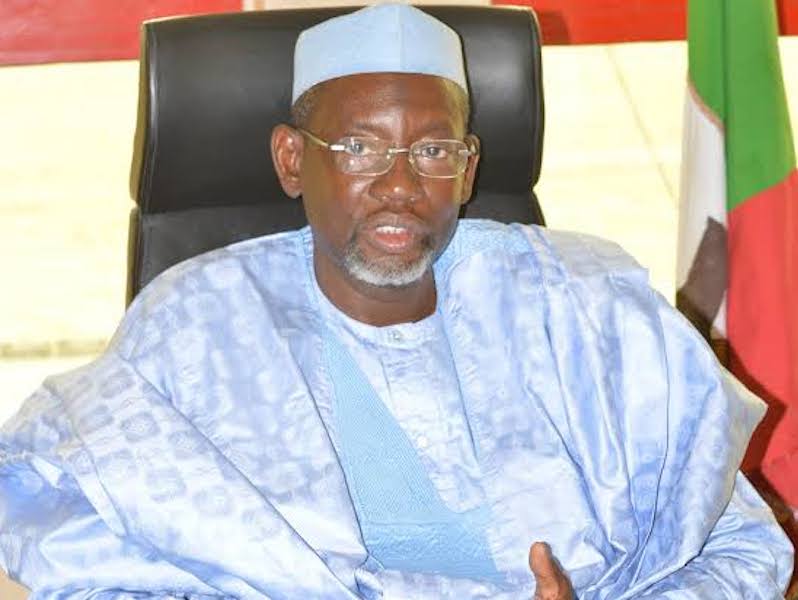Prof. Ladi Sandra-Adamu of the Department of Mass Communication, Ahmadu Bello University (ABU) Zaria, has identified the use of drones in the coverage and reporting of conflict areas as a key solution to Nigeria’s problems.
Sandra-Adamu said this in an interview with Journalists, shortly after delivering an Inaugural Lecture at the main campus, ABU, Samaru, Zaria.
The News Agency of Nigeria (NAN) reports that the lecture was titled: “The Spider in the Web: Digitalisation of conflict reporting in a pluralistic Nigerian society.”
Sandra-Adamu, a Professor of Broadcasting, observed that the deployment of drone technology had gone a long way in reducing loss of lives among journalists in conflict zones.
“Drone is the latest technology in the world today. Your media organisations will have to buy a drone, train journalists on how to apply and operate it.
“Instead of a journalist going to a conflict zone and probably getting killed, it is better you manipulate the drone to go and capture the pictures and images, come back and you write the story.
“In line with the new innovation, there is now a drone’s beat, which means there is a drone reporter, an indication that a beat has been added in journalism, both print and electronic.
“In those days in America, CNN used helicopters to cover news, but now they are no longer using helicopter, they are using drones, this is because to use a helicopter is far more expensive than using a drone. “she said.
She stressed the need for conflict reporters to dig into the root causes of a conflict as against just reporting the surface facts.
“For example, something happened in Zamfara and may be it is not bandits, but some other problem, and as a reporter, you just report what you saw. You did not go to check deep what the root cause of the problem is.
“Nigerian journalists need capacity building on how to report on conflicts. I have already laid it out in the book on how they can be trained. I am willing to offer my services to media organisations who would want me to assist their staff on how to report on conflicts, ‘’ she said.
She said that journalists the world over, not just in Nigeria or in Africa, were not thoroughly equipped to report on conflicts, this is a global problem.
Earlier, in the lecture, Sandra-Adamu recalled that the broadcast media in Nigeria started in 1932, with the radio broadcasting service of the British Broadcasting Corporation (BBC).
She said the narrative on broadcasting began to change in 1957, when the Nigeria Broadcast Service (NBS) was established primarily to transmit educational programmes which were mostly woven by the ‘foreign spiders’.
In his speech, the ABU Vice Chancellor, Prof. Kabir Bala observed that the lecture was not only useful to the journalism profession, but also to the security agencies who stood to gain a lot from it.
Bala, who was represented by the Deputy Vice Chancellor, Academics, Prof. Danladi Ameh-Doko, lamented that many conflicts were being over blown, especially in this era of the social media.
Congratulating Sandra-Adamu for a well researched presentation, the Vice-Chancellor urged the audience to seize on the knowledge disseminated in the lecture for personal and societal gains.
Gov. Simon Lalong of Plateau lauded the efforts of Sandra-Adamu for doing what he described as a wonderful, educating and meaningful research on the topic.
Lalong, represented by his Deputy, Prof. Sonni Gwanie-Tyoden, explained that as a developing nation, the society needed knowledge that would add value to its existence, “not just knowledge for its sake.” (NAN)


